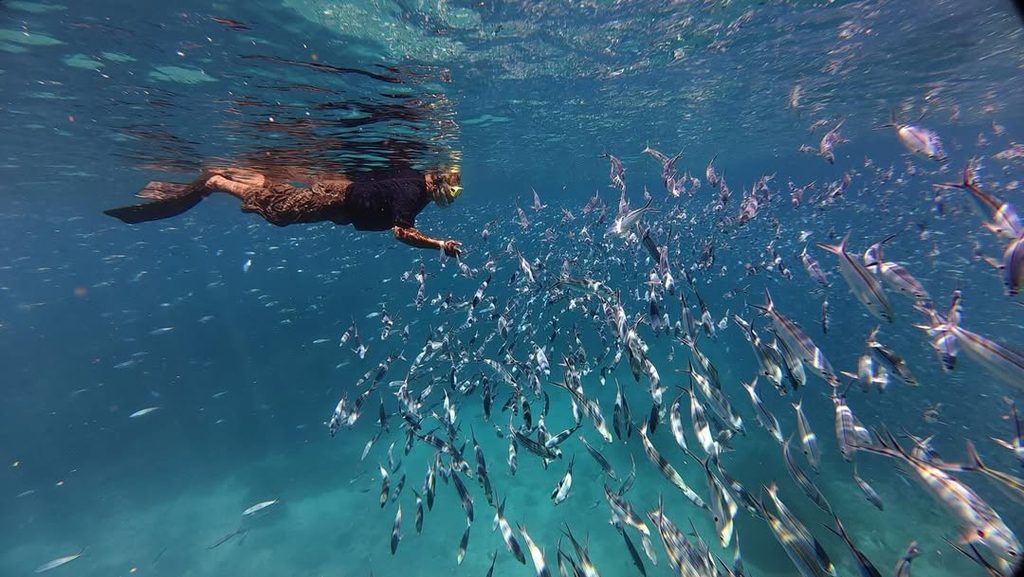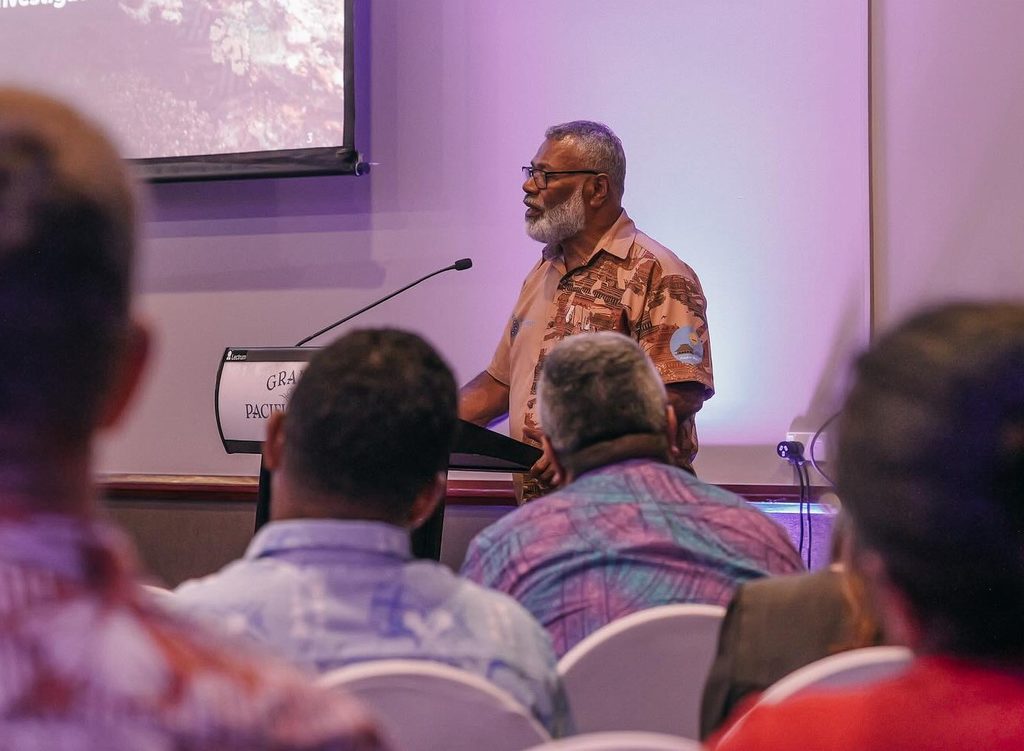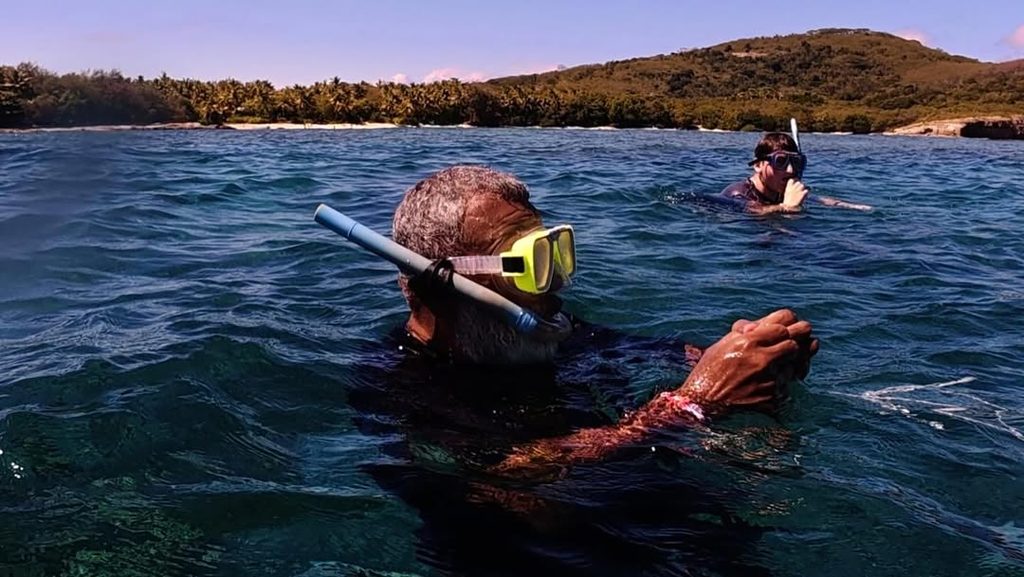Among the various challenges confronting the modern world today are disconnected youth and environmental crises.
In this regard, a leading Fijian academic and environmentalist is urging a gradual return to the nation’s foundational wisdom, the vuku ni vanua or traditional knowledge.
Professor Joeli Veitayaki of Blue Prosperity Fiji argues that the sophisticated systems of governance, medicine, and environmental understanding ensures his ancestors’ survival are not relics of the past, but essential tools for a prosperous future.
He is a leading voice in the call to integrate this indigenous knowledge into the school curricula, especially subjects like agriculture and geography.
“We have to appreciate the fact that that is the body of knowledge that allowed our ancestors to survive so that we can be here today,” Prof Veitayaki stated.
“They had their system of governance, a very sophisticated system of governance.”
He pointed to the intricate social structures that defined Fijian life for centuries, complete with confederacies and a clear division of responsibilities at the local level.
“There are the warriors, the planters, the chiefs of course, the leaders, the enforcers. So everybody has a role and there are responsibilities,” he explained.
“That is very important because you really need to know what your role is in order to contribute meaningfully.”
For Prof Veitayaki, the power of this system is visibly displayed during major cultural events, such as the installation of the Tui Lau in Lau.
“You see there the beauty and outcome of that system at work. Everybody knows their role. They are organised just like they’ve taken business classes from the best colleges.”
This intricate knowledge system, he asserts, touches every aspect of life, from sustainable fishing methods and natural medicine to the complex relational relationships that bind the Fijian people.
“One of the things I celebrate as a Fijian is that we are related to each other because of where we are from,” he said, highlighting how these connections create an immediate social fabric.
“You can roll up and you will be looked after by the locals because there are those connections already set by our ancestors.”
Traditional knowledge in a modern world
Prof Veitayaki provided striking examples of where traditional knowledge excels, even when modern systems fall short. He recounted the story of Fiji-born All Black Waisake Naholo, who, just before a World Cup, sustained an injury that New Zealand medical staff believed would end his tournament hopes.
“He came back to his village, got healed and was back in time to play,” Prof Veitayaki said.
He shared a more personal story of a nephew involved in a fatal accident. After signing hospital release forms against medical advice, the family took the young man to Nadroga for traditional treatment.
“He’s okay now,” Prof Veitayaki reported.
“What I’m saying is that we need to know and appreciate the value of that knowledge because it’s tailor made for Fiji.”
Addressing modern challenges with ancient wisdom
A key area where Prof Veitayaki sees traditional knowledge as a vital corrective is in community cohesion.
He laments that people moving away from their villages often “have sort of abandoned, forgotten their responsibilities.”
He credits his own upbringing on an island with grounding him in his identity and duties.
“By the time I got to Suva, I was well versed with who I am, my responsibility, it’s the reason I’m already returning to the island.”
This grounding, he believes, is the antidote to many of today’s social challenges.
“If we are grounded in that, we can, in my view, avoid some of the big challenges we now have, dealing with our youths, getting people to appreciate that they have a role to play.”
On understanding the environment, Prof Veitayaki explains that for his ancestors, it was “paramount.”
They codified this deep understanding into a traditional calendar, a year’s programme dictating when to clear land, when to plant, and when to harvest.
“It’s just amazing that they have all these things worked out in order for them to live with the local conditions that they have to face up to,” he said.
Prof Veitayaki believes that by weaving the sophisticated threads of indigenous knowledge into the education of the young and the priorities of the nation, Fiji can navigate the complexities of the 21st century without losing the compass that has guided its people for generations.

Dr Joeli observing fish species. Picture: DRAWAQA CONSERVATION

Dr Joeli Veitayaki speaks to participants at an environment protection awareness event earlier this year. Picture: BLUE PROSPERITY



